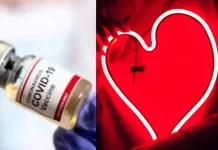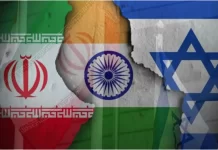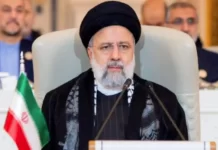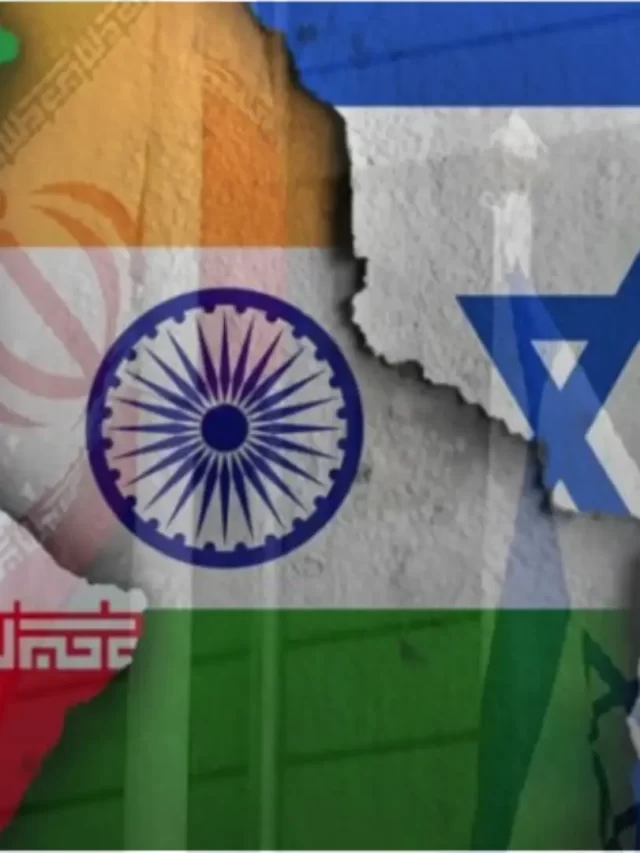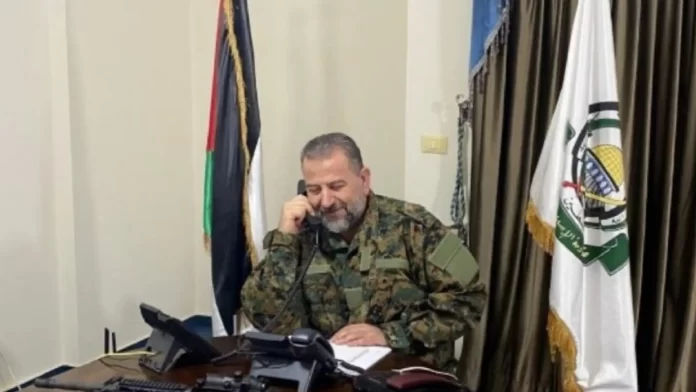
Israel-Hamas War: Senior Hamas Leader Killed in Beirut Explosion
In a tragic turn of events, the deputy head of Hamas, Saleh al-Arouri, along with two leaders of its armed wing, lost their lives in an explosion in Lebanon on Tuesday. Hamas, on its official Telegram channel, referred to it as a “Zionist raid” in a Beirut suburb. Verified videos from the scene depict at least one car engulfed in flames, surrounded by a gathering crowd.
The responsibility for the strike was confirmed by two senior U.S. officials, who anonymously disclosed Israel’s involvement. This incident is believed to be the first in a series of covert strikes against Hamas officials or those connected to the October 7 assault that claimed 1,200 lives.
Saleh al-Arouri, a founder of Hamas’s military wing, the Qassam Brigades, and the deputy chairman of the group’s political bureau, played a significant role as the head of Hamas in the West Bank. However, he spent much of his recent years in Beirut, serving as a de facto Hamas ambassador to Hezbollah, the influential Lebanese armed group.
The explosion in Lebanon resulted in the death of six people, according to Lebanese state media, with the blast occurring just before 6 p.m. local time. Israel’s prime minister, Benjamin Netanyahu, has not provided an immediate comment, but in late November, he expressed Israel’s intention to “operate against Hamas leaders wherever they are.”
Ongoing Developments in the Israel-Hamas Conflict
While Israel’s military announces the withdrawal of some troops from Gaza, the details remain undisclosed. Heavy fighting persists, with targeted operations claiming the lives of “dozens” of Hamas fighters.
Amidst these developments, Israel’s Supreme Court ruling challenged the right-wing government, but immediate constitutional actions seem unlikely during wartime. The court’s decision to strike down a law limiting judiciary powers has broader implications, indicating the authority of justices to safeguard the Jewish and democratic character of the state.
Reactions and Condemnations
Israel’s military spokesman, Rear Adm. Daniel Hagari, focused on the conflict with Hamas during a briefing, sidestepping questions about potential rocket attacks following the Beirut incident.
Iran, a vocal supporter of Hamas, condemned the assassination, attributing it to Israel’s desperation after the October 7 assault. The geopolitical ramifications of these events echo beyond the immediate conflict, with potential consequences for regional alliances.
Lebanon’s Response and International Concerns
Lebanon’s caretaker prime minister, Najib Mikati, squarely blamed Israel for the attack, warning against dragging Lebanon into a new phase of the conflict. Beirut, previously untouched by violence in this conflict, now faces an unsettling reality.
Understanding Saleh al-Arouri’s Legacy
Saleh al-Arouri, a key Hamas figure, faced accusations of masterminding attacks on Israel and strengthening ties between Hamas and Hezbollah. His role in recent events, including meetings with Hezbollah leaders, underscores the complex web of regional alliances.
Conclusion
As the Israel-Hamas conflict evolves, the tragic death of Saleh al-Arouri adds a layer of complexity to the geopolitical landscape. The ongoing military maneuvers, coupled with the Supreme Court’s decision, underscore the challenges faced by all parties involved. The repercussions of these events extend beyond borders, emphasizing the intricate balance between political, military, and judicial dynamics.

